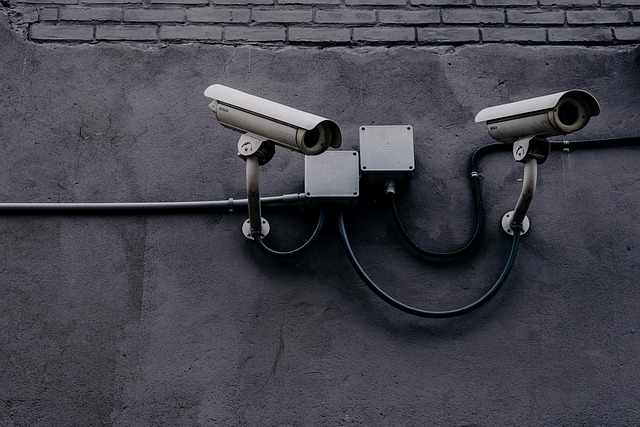In a world where speed, precision, and adaptability determine success, the integration of Machine learning and AI into robotics and business automation is reshaping the entire landscape of control. We’re not just talking about replacing repetitive tasks — we’re witnessing a new era where machines learn, evolve, and make decisions that were once the sole domain of human intelligence. For businesses, this isn’t a distant vision — it’s happening right now.
Consider the modern warehouse where fleets of robots navigate complex inventory systems without human instruction. These systems are no longer just “programmed” — they learn through machine learning and AI integration, constantly refining route selection, adapting to inventory changes, and responding to unplanned scenarios. This level of autonomous control is fundamentally transforming how supply chains operate.
But it’s not just logistics. Manufacturing floors are being infused with smart robotics capable of predictive maintenance, precision-driven fabrication, and real-time quality assessment. These advancements, driven by AI models trained on vast amounts of production data, allow systems to preemptively adapt their operations, limiting downtime and increasing production efficiency — all while maintaining an unprecedented level of precision.
In finance, AI-enabled bots monitor millions of transactions in real time, identifying fraud patterns and optimizing pricing strategies using predictive models. Customer service is increasingly being augmented — or even replaced — by conversational AI that learns from each interaction, improving its responses and recommendation accuracy over time.
This fusion of robotics, artificial intelligence, and automation in business brings forth a new philosophy of control — one that is dynamic, intelligent, and anticipatory. It’s a paradigm shift where data flows are translated instantaneously into action through AI-driven judgment, far surpassing traditional control systems that relied solely on predefined rules.
Embracing machine learning and AI integration not only enhances operational efficiency, but redefines the very essence of strategic planning and growth. Businesses no longer react to change; they predict and prepare for it. The result is agile infrastructure s that engage with their environments in real-time, creating a resilient and proactive ecosystem.
The future of control lies in systems that do more than automate — they understand. The synergy between robotic capabilities and AI cognition is crafting intelligent frameworks where machines are not just tools, but partners in decision-making, capable of transforming industries across the board. From personalized product recommendations to autonomous vehicles managing logistics networks, the control we once envisioned is now becoming intuitive, seamless, and incredibly human-centric — all through the power of machine learning and AI integration.




